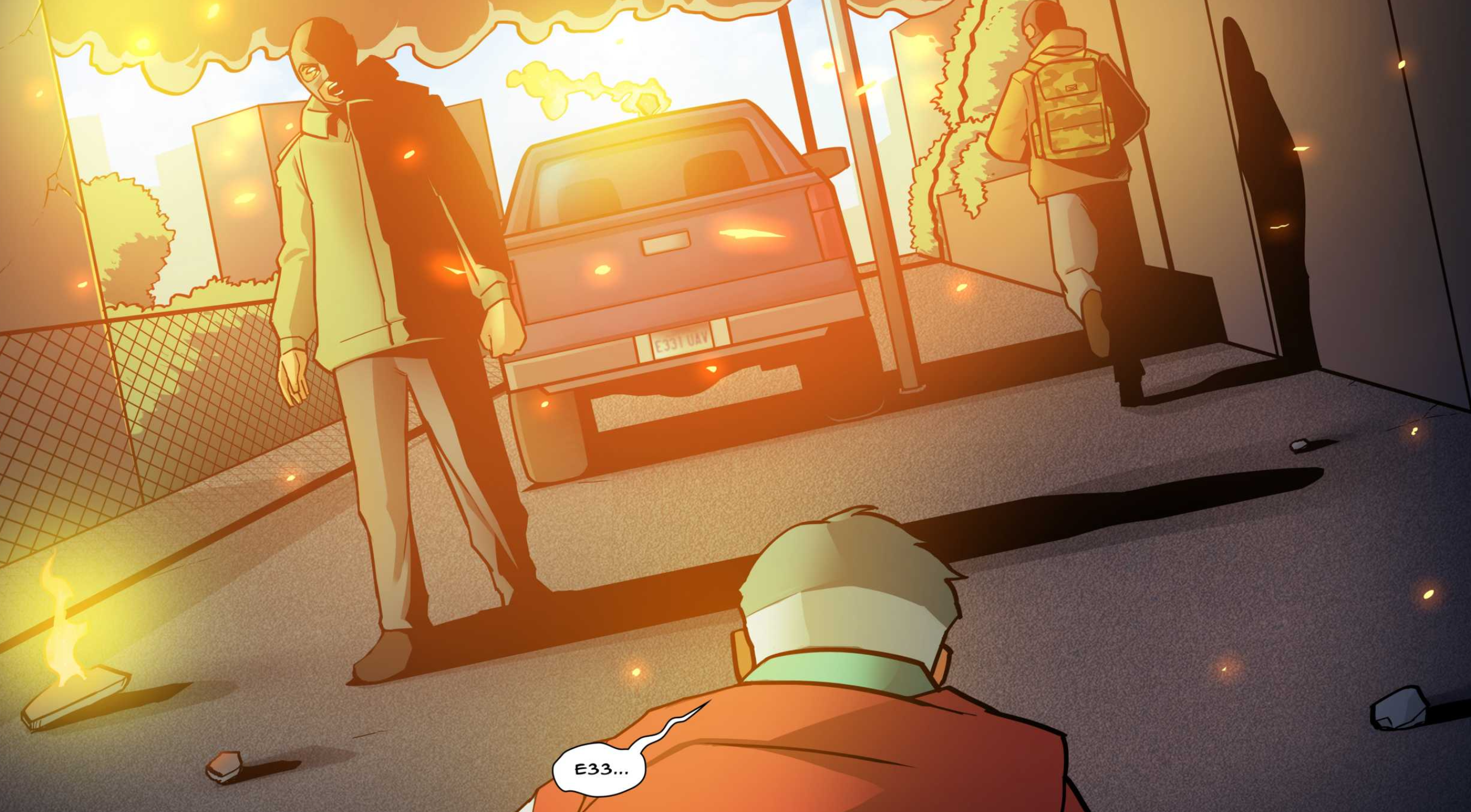I read the government graphic novels Elon Musk thinks are a waste of money.

The term “government-issued graphic novel” shouldn’t fill anyone with excitement. I honestly hadn’t even considered the possibility of their existence until last week when the Twitter account from Elon Musk’s AmericaPAC (which somehow has the account @America on Twitter… oh right, I know why) tweeted a list of government expenditures that were clearly meant to represent the excessive waste of our tax dollars.
Here’s what the U.S. Government wasted $900 Billion of your tax dollars on in 2023.
The Department of Government Efficiency (@DOGE) will fix this.
America deserves leaders that prioritize sensible spending. pic.twitter.com/uKmNmAF4yk
— America (@america) November 15, 2024
Among those things in the crosshairs of DOGE (the comically stupid Department of Government Efficiency, headed by unloved nerds Musk and Vivek Ramaswamy) are :
Dr. Fauci’s Monkey Business on NIH’s “Monkey Island”: $33,200,000
Russian Cats-on-a-Treadmill Studies Funded by NIH: portion of $2,700,000
Treasury’s Pot of Cash for Political Campaigns: $400,000,000
DOD’s Lobster Tank: $8,395
And, yes:
Real Fake: DHS’s 1st Graphic Novel About Disinformation: unknown cost
DHS’s 2nd Graphic Novel: COVID Disinformation: unknown cost
First of all, the cherry-picking of dumb government expenditures is one of the oldest and cheapest tricks in the populist playbook. It is not hard to find obscure and weird-sounding stuff paid for by your tax dollars! In fact, I’d go so far as to say that politicians calling out the NEA is second only to baseball in this country as a national pastime. So yeah, it’s easy to rile up the old guys down at the diner when they find out their tax money is going to someone crocheting fallopian tubes in an East Bushwick studio space (but point out that America is funding a genocide and it’s crickets).
The funny thing is, even by those standards, @America’s list of apparent waste is really reaching. I’m not going to go line by line but c’mon: even when grossly decontextualized and misrepresented, in what universe is “Interest on Our National Debt” and “Dr. Fauci’s Monkey Business on NIH’s ‘Monkey Island’” wild and crazy waste? (The former being a function of this country’s baseline deficit spending, the latter being, you know, actual science with real-world applications). It’s infuriating.
So what about those two graphic novels, cost unknown? Well, from an artistic, storytelling perspective, I’d say they’re… just ok. Issued by CISA (Cybersecurity & Infrastructure Security Agency) to “communicate the dangers and risks associated with dis- and misinformation through fictional stories that are inspired by real-world events” issues one and two of the Resilience Series focus on deep fakes and COVID misinformation, respectively.

I wouldn’t say I was immediately gripped by the storylines (there’s a lot of jumping around between multiple characters, and probably a few too many informational asides) but that’s not really the point, is it? As information delivery systems about important and complicated topics, these two graphic novels do a decent job of fictionalizing the very real threat to an open society posed by agents of chaos. We are clearly in the middle of a crisis of disinformation, and we need to be using whatever tools we can to combat media illiteracy. How else will the younger generation be able to understand that platforms like Twitter are filled with lies, damn lies, and deep fakes?
Oh wait. Elon Musk owns Twitter, doesn’t he? And profits off the engagement generated by Macedonian troll farms?
That explains things a bit, doesn’t it?
